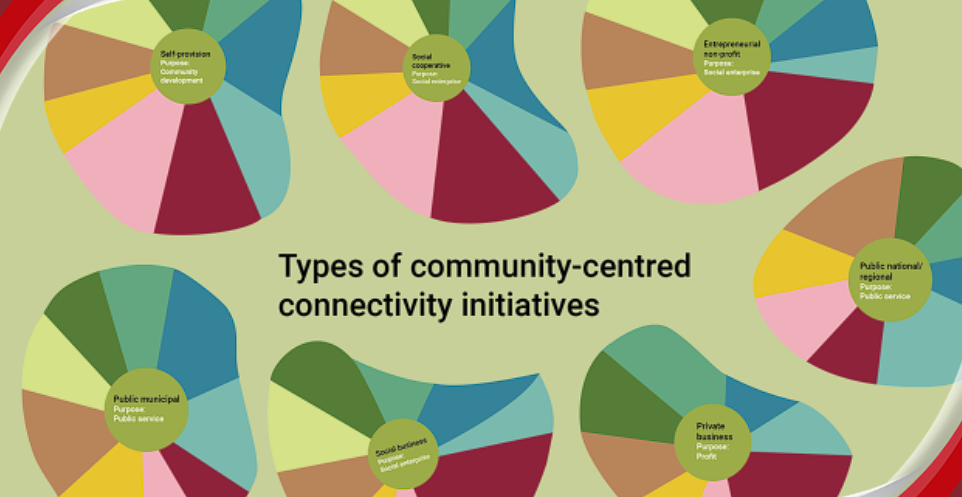Articles
Rain moves into mobile with expectations of R2bn revenue
-
1 year ago
Data-only network Rain is looking to rake in R2 billion in earnings, as it forges ahead with plans to “soon” launch a mobile offering.
This emerged when Rain’s shareholder, billionaire Patrice Motsepe-controlled African Rainbow Capital (ARC) today published its interim financial results for the six months ended 31 December 2022.
In a statement, ARC says the valuation of its interest in Rain has remained unchanged at R3.6 billion.
It adds the telecoms sector outlook remains positive after the successful spectrum auction and the potential consolidation of market players.
In last year’s historic spectrum auction, Rain Networks forked out R1.15 billion for two chunks of 10MHz spectrum in the 700MHz band.
“Rain is well-positioned as a low-cost data provider that already has spectrum in contested areas. The acquired spectrum will allow Rain to improve its coverage at a comparatively low cost,” says ARC.
It notes the data-only network plans to soon launch a mobile service, utilising the newly-acquired spectrum.
“Demand and sales have remained robust. Rain is on course to achieve an EBITDA of over R2 billion for the year ended February 2023, after considering IFRS 16 adjustments, as is industry practice,” it adds.
Rain’s forays into mobile services come after the company failed to enter into a merger with Telkom, whose mobile business has been on a growth trajectory.
In January, Telkom and Rain terminated discussions relating to the latter’s proposal to merge with the majority state-owned telephony group.
Commenting on the plans to roll out a mobile offering, Dobek Pater, telecoms analyst at Africa Analysis, says: “Rain will certainly offer competition, but it is likely to remain a small mobile operator for the foreseeable future.”
He believes the move may result in Rain growing its subscriber base, based on the bundling of products; eg, fixed wireless (fixed-LTE or fixed-5G) with mobile products.
“However, most of the market will continue to be serviced by Vodacom and MTN. Over time, the market is likely to see more mobile service providers emerging in the form of MVNOs [mobile virtual network operators]. This will dilute the market share of Vodacom and MTN, but these two mobile operators will continue to be the biggest,” says Pater.
He adds the move will allow Rain to expand its subscriber base and generate additional revenue.
“It will also allow Rain to gain greater share of the wallet of its existing and future customers by providing more services to a customer (own the customer), starting with fixed wireless connectivity (fixed-4G or 5G), mobile services, possibly expanding to financial services and the smart home (IOT offerings) in the future.
“With a mobile offering, Rain will also be able to start offering a wider range of data and voice products, allowing it to target wider market segments; for example, the lower disposable income groups.”
He is of the view that mobility will position Rain to offer financial products in the future, including an eWallet.
Chris Geerdts, managing director of BMIT, points out Rain has a track record of introducing innovative, somewhat disruptive technologies to the marketplace.
BMIT expects Rain is planning to shake-up the mobile market, especially as it has already intimated its packages will be aggressive.
However, Geerdts notes the other operators are in strong positions to respond, with established networks and brands, and South African customers in general may well emerge the winners.
“Vodacom and MTN in particular have significant infrastructure assets, which give them a natural head start. Rain will need to capitalise on its 5G experience and footprint.
“Rain has had a data-first approach from the start, which is well-suited to today’s consumer patterns, with the addition of voice and SMS being important, so that customers can choose Rain for their primary SIM cards,” he notes.
“Coverage is obviously important and the timing is good on this one. After establishing decent LTE coverage and being first to market with fixed-wireless 5G, they have been able to cover many cities and towns with compelling footprints, and are understood to be concluding a roaming agreement with another MNO to cover most of the country.
“They won useful spectrum in the 700MHz band, which will help them to expand more quickly and improve in building coverage, and their additional spectrum in the 2 600MHz band will allow faster speeds and improved capacity.”
By offering mobile services, Geerdts adds, Rain is introducing more choice, innovation and competition in the market, and consumers should benefit, while Rain can make full use of its spectrum and network assets and the brand it has been building.
Cellucity director Christopher Henschel concurs that Rain has been a disruptor in fixed-mobile wireless access, but the landscape for mobile is competitive and generally requires more than a “digital-only” presence to serve the market.
“Even the larger mobile networks still have about 90% of transactions for mobile voice acquisitions occurring in physical retail environments.
“Whilst potentially leveraging off their existing data customer base, I can't see any real benefits for Rain in providing voice services, as they require a higher level of customer engagement and after-sales service.
“The mobile voice market is very saturated and I can't foresee any major disruptions from Rain, as voice services are generally competitive through both network operators and MVNOs,” Henschel concludes.
Subscriber boost
Market disruption
Saturation concerns
Related Articles Posts
Categories
Popular Post
-
 SA’s IT spend to outpace GDP growth 1 year ago
SA’s IT spend to outpace GDP growth 1 year ago -
 Vodacom, Netstar launch free in-taxi Wi-... 1 year ago
Vodacom, Netstar launch free in-taxi Wi-... 1 year ago -
 South Africa under pressure to fill cybe... 1 year ago
South Africa under pressure to fill cybe... 1 year ago -
 Organisations with a strong employee val... 1 year ago
Organisations with a strong employee val... 1 year ago -
 Joint policy-in-action event highlights... 1 year ago
Joint policy-in-action event highlights... 1 year ago -
 Boost your digital transformation journe... 1 year ago
Boost your digital transformation journe... 1 year ago







